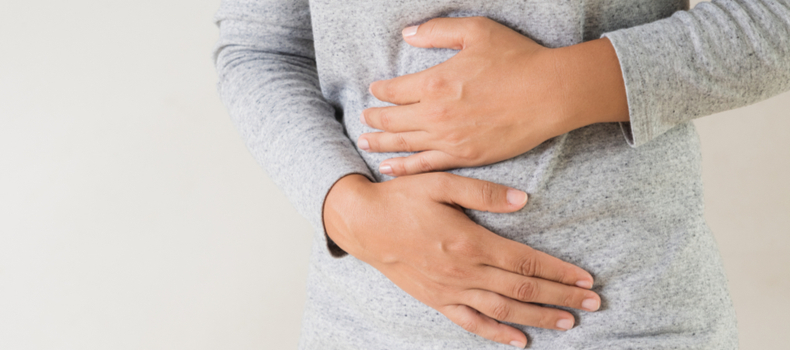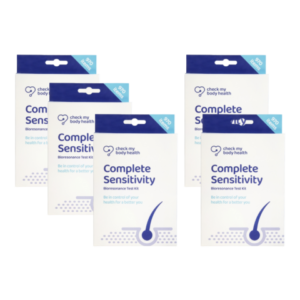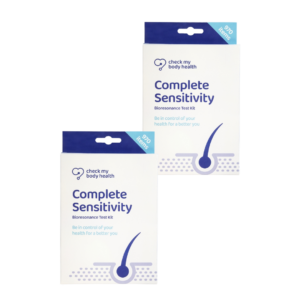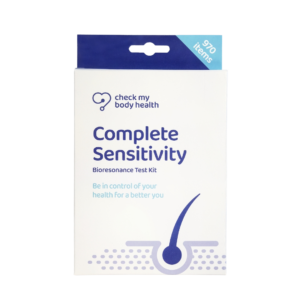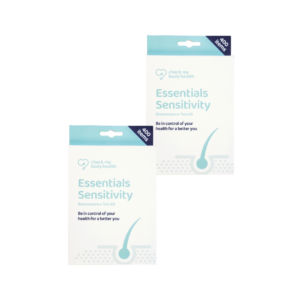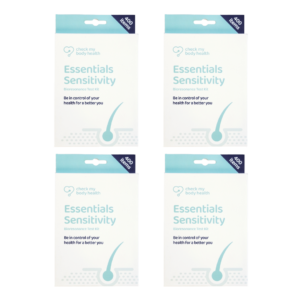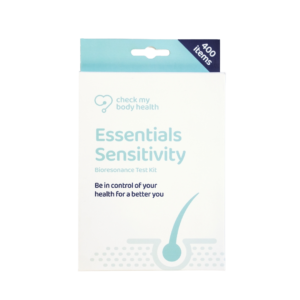Bloating after eating is a common problem. Many people experience this uncomfortable, swollen sensation after meals. It is normally triggered by indigestion, or by eating too much of a particular type of food. Fortunately, some relatively simple lifestyle changes can go a long way towards alleviating your symptoms. Ask yourself the following questions:
Are you eating and drinking too quickly?
Distractedly gulping down your morning coffee and then scarfing your lunch at your desk could lead to you swallowing air, which will then accumulate in the upper part of your digestive system, leading to discomfort. Try to eat and drink ‘mindfully’, chewing and swallowing slowly. If you focus on your food you may even find yourself enjoying your meals more.
Do you chew gum?
Chewing gum is also likely to increase the amount of air you swallow. It is best avoided if you regularly experience bloating, belching or indigestion.
Do you like carbonated drinks?
Those fizzy bubbles may provide a fun texture to your drink but they are made from carbon dioxide, another gas which can accumulate in your digestive system and cause bloating. Keep them to a minimum if you struggle with this symptom.
Do you eat a lot of fibre?
Fibre is an important component of a healthy diet. Found in grains, fruit and vegetables, fibre improves digestion and helps our bodies to balance blood sugar levels. It also lowers the risk of such illnesses as heart disease, cancer and diabetes.
But there is a downside to fibre. In some individuals a high fibre diet may result in intestinal gas and bloating. If fibrous foods have this effect on you, explore changes to your diet and reduce the number of fibrous foods on your shopping list.
How much fatty food do you eat?
Contrary to popular belief, fat is an important nutrient: it is the medium in which our body stores metabolic energy and also a vital building block of organic tissue. It fuels cell growth and digestion, and helps keep blood pressure on an even keel.
Fatty foods are dense and rich in energy but they take longer than many other foods to digest, remaining in our digestive tracts for longer. As a result, some people experience bloating after eating fatty foods, especially if they already have digestive issues. If that’s you, try cutting down on the fats and see if your symptoms improve.
Do you get heartburn?
Heartburn is another common digestive issue, caused when stomach acid leaks back up towards the throat. Common symptoms include a burning sensation, belching and… bloating. If you regularly experience all three together, heartburn may be the culprit. Talk to your pharmacist: there are many over-the-counter remedies available for heartburn, and stronger alternatives available on prescription.
Are you intolerant?
Regular bloating after meals could also indicate a food intolerance. This means that your body has difficulty digesting a particular food, resulting in unpleasant symptoms after eating. Some people are intolerant to only one food or food group, while others may struggle with several. Food intolerances can be lifelong but more commonly they come and go in reaction to stress and fluctuating levels of health.
Bloating is one of the commonest symptoms of food intolerance and perhaps this is not surprising. Our stomachs are, after all, on the front line so if our bodies are primed to react to particular foodstuffs we will feel it there first. Consider your own symptoms: do you regularly feel bloated after eating a particular food or foods? If you suspect a particular favourite of causing you problems, try cutting it from your diet and see if your symptoms vanish with it and then return when you reintroduce the food. This is called an ‘elimination diet’.
Your GP may also be able to arrange a referral to a nutritionist, but you may have to wait some time for an appointment. A quicker and easier option might be a DNA-based food intolerance test. Take a swab at home, send it into the laboratory and you will soon receive a detailed breakdown of your body’s unique palette of reactions to multiple foodstuffs. Armed with this knowledge you will then be able to devise a personalised diet plan and escape the pain and discomfort of bloating.
Written by Bev Walton
Food Writer and Nutritionist, dietician
A chef of over 35 years with experience in all types of cuisine, dietary plans, recipe development, health and nutrition. I have been writing for over 10 years for both magazines, websites and ghostwriting for ebooks, Kindle and fully published books. I have a degree in nutrition and dietetics and work with restaurants and organisations within the healthcare profession. I am also able to take high quality photographs of recipes created. No writing task is too great, and whilst I specialise in the above, I am able to write about any topic you throw at me. Member of the Guild of food writers.

